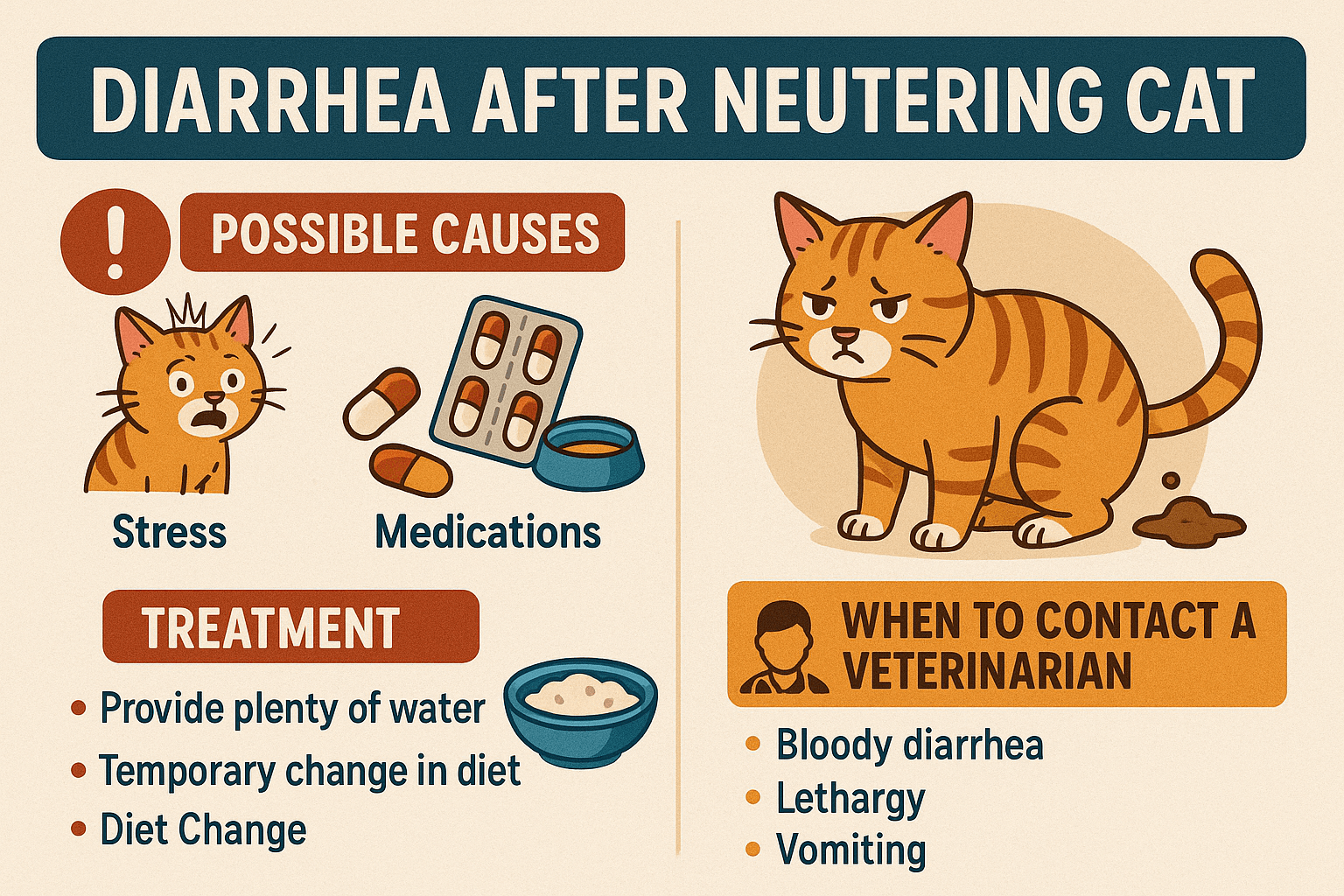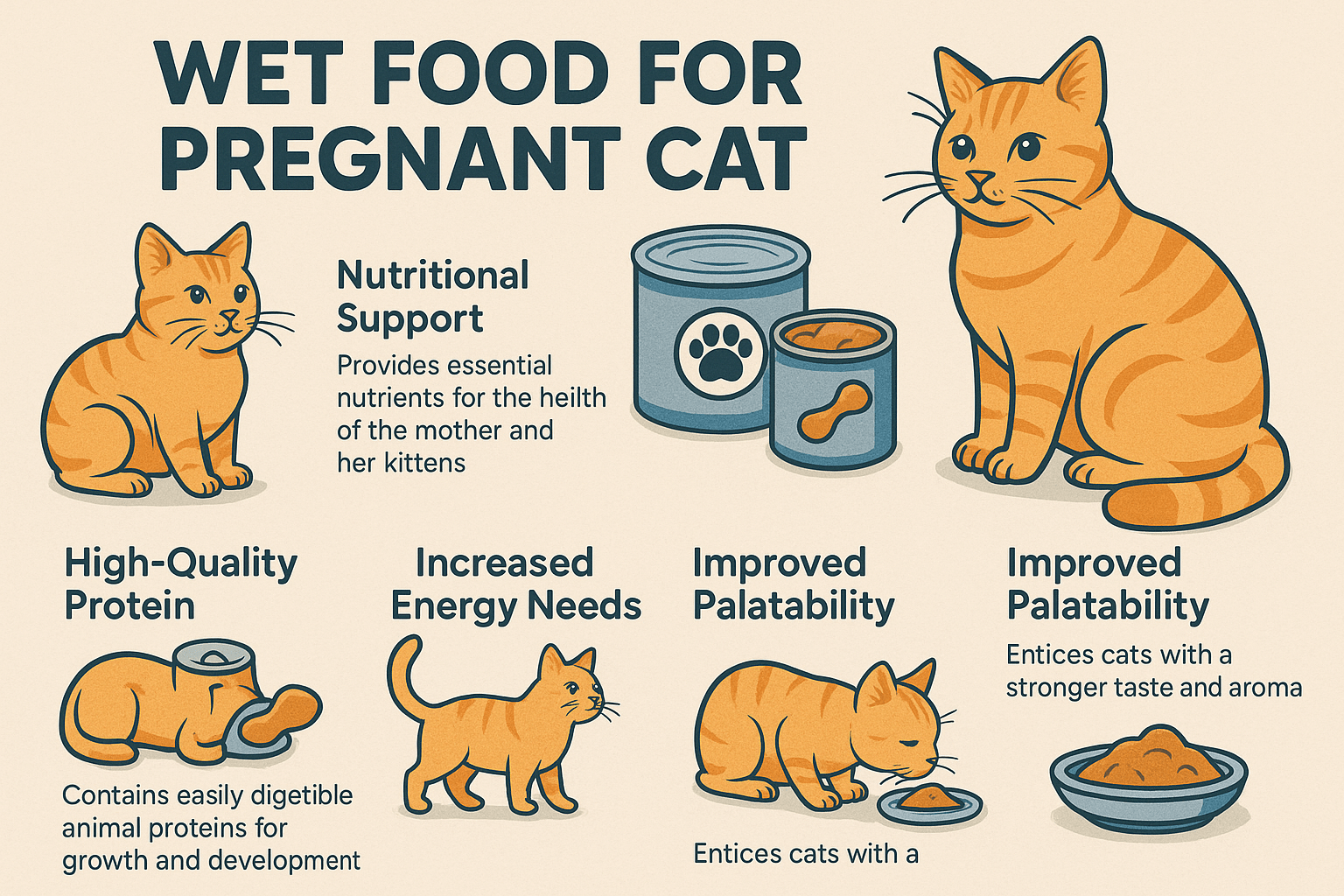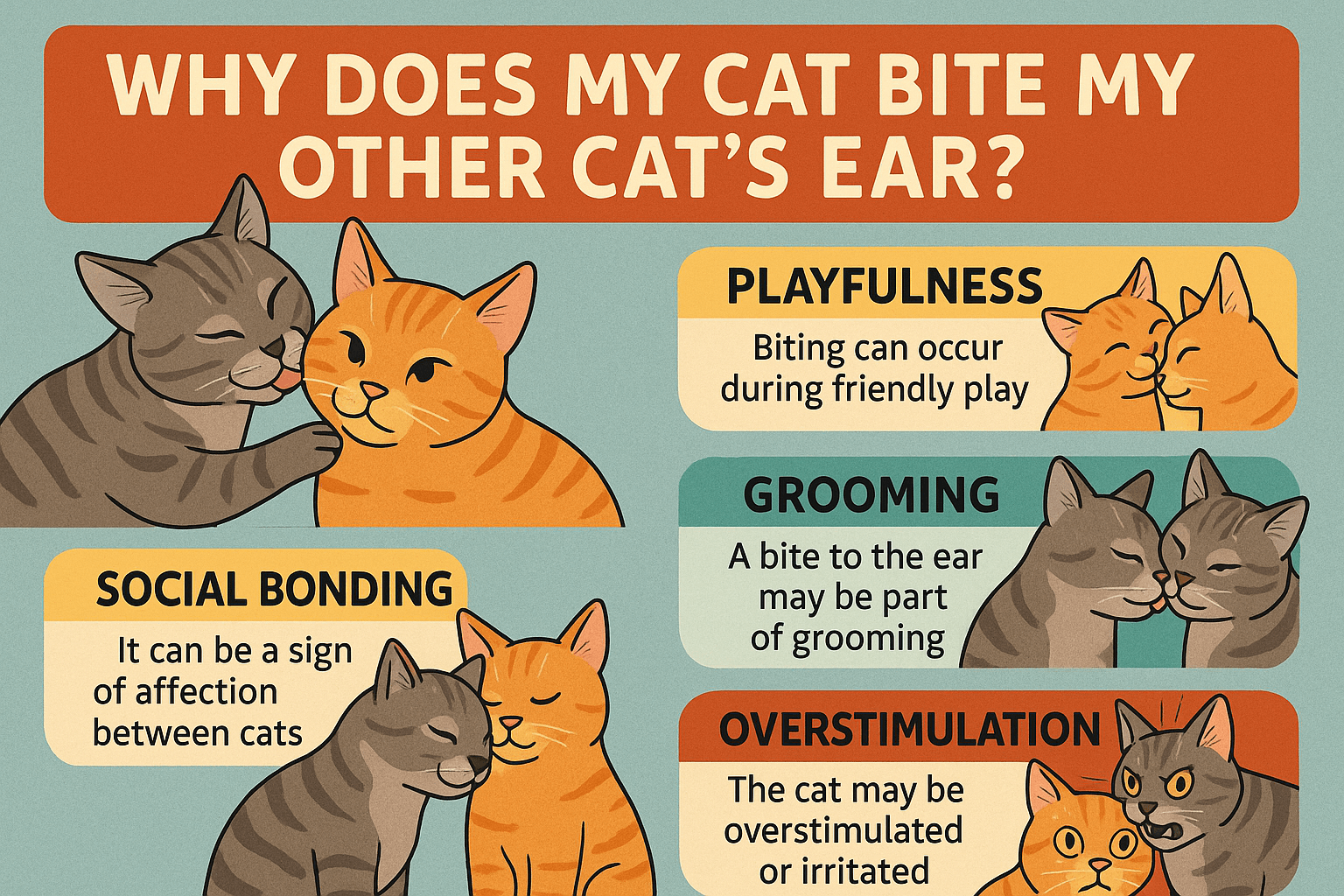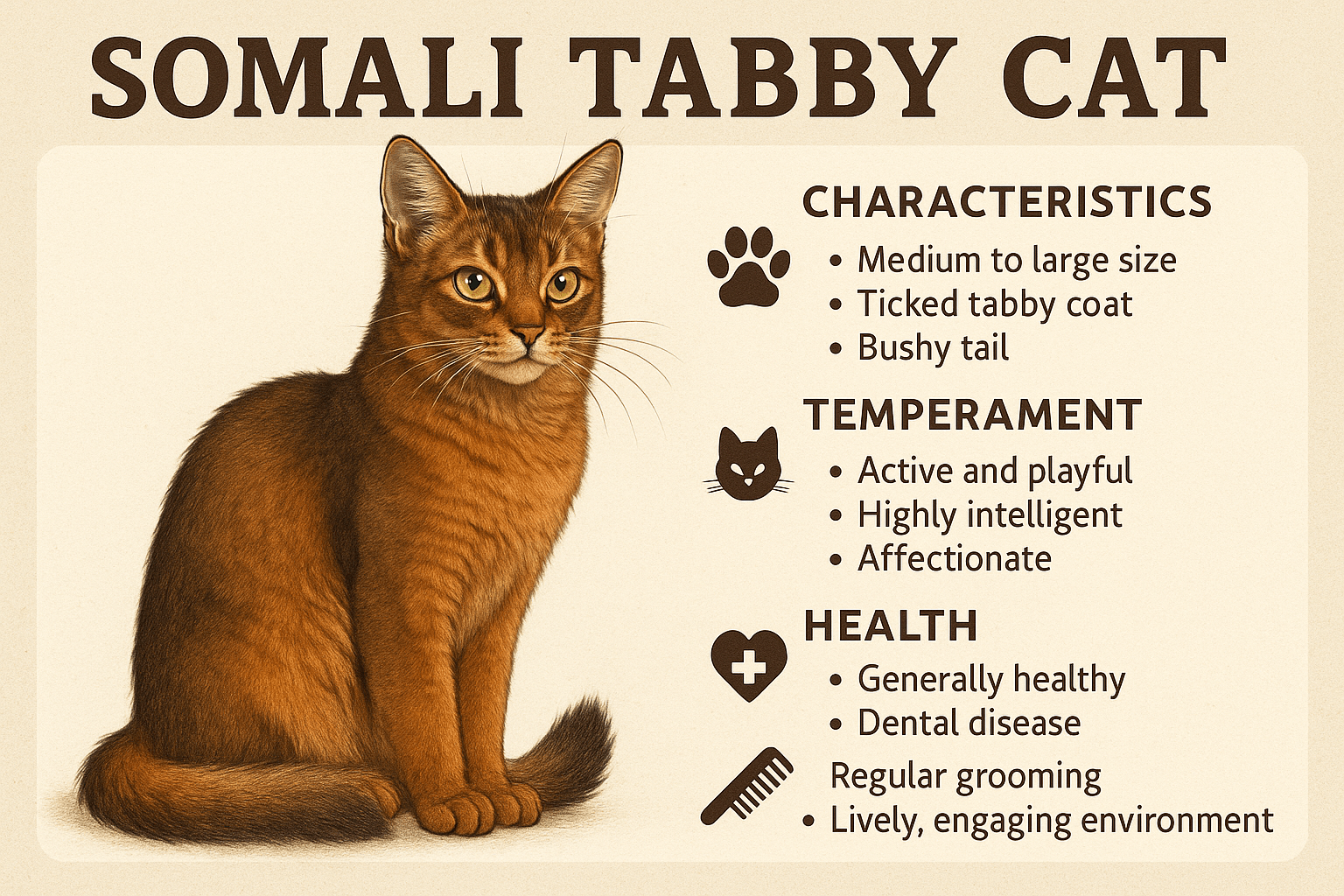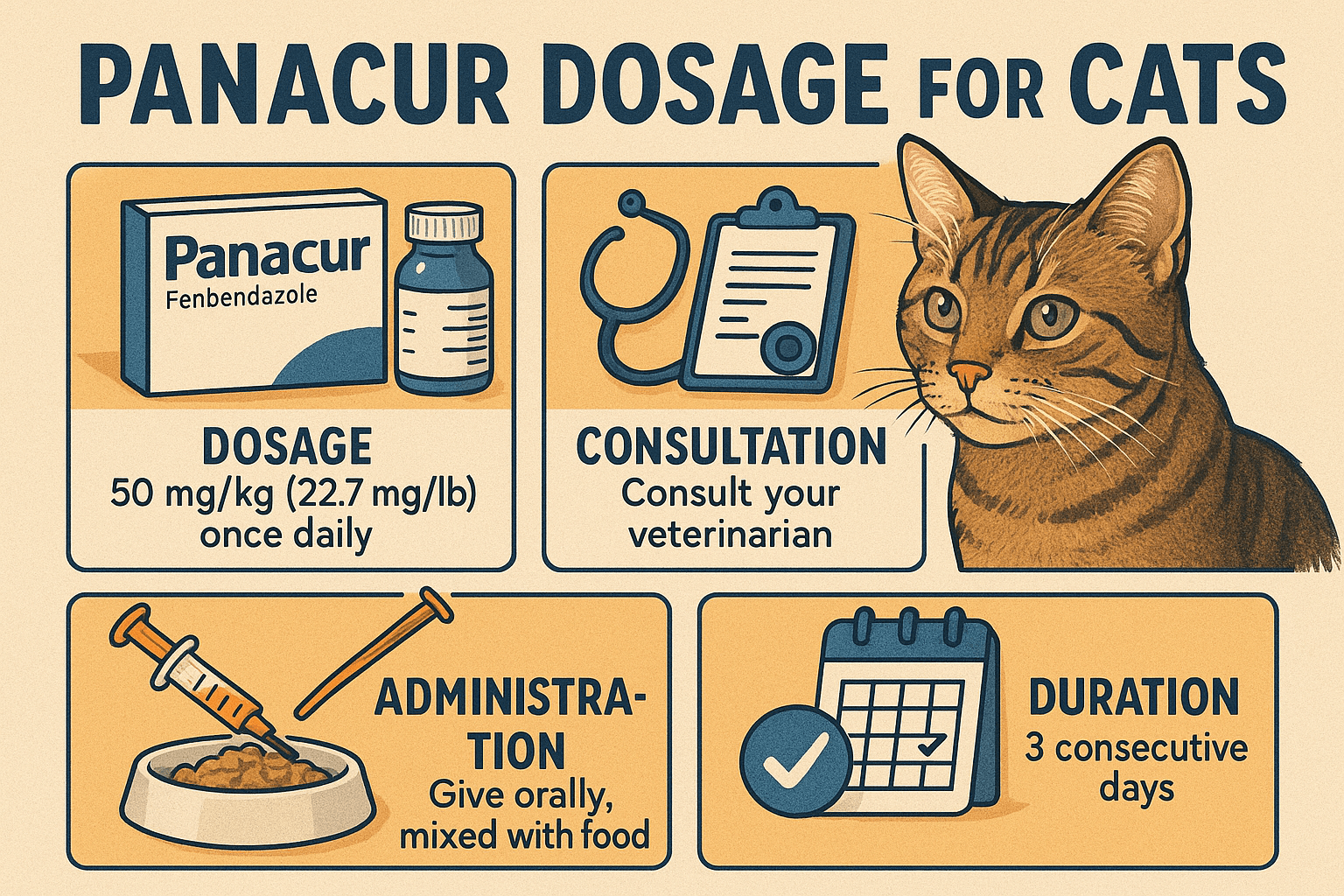Diarrhea After Neutering a Cat: What You Need to Know
Neutering is a common and beneficial procedure for cats, promoting better health and reducing behavioral issues. However, some cat owners notice unexpected changes in their pet’s digestion after the surgery, including diarrhea. While this can be alarming, it’s often a temporary issue caused by stress, dietary changes, or anesthesia. Understanding the potential causes and knowing how to address them can help you support your cat’s recovery and ensure their comfort. In this blog post, we’ll explore why diarrhea might occur after neutering, how to manage it, and when to seek veterinary assistance.
Common Causes of Diarrhea After Neutering
Diarrhea following neutering isn’t uncommon, but it’s important to identify its underlying cause to determine the best course of action. Here are some of the most frequent reasons behind this issue.
Stress from Surgery:
Cats are sensitive creatures, and the experience of surgery, hospitalization, and unfamiliar environments can upset their digestive system.Anesthesia Side Effects:
The medications used during surgery may temporarily disrupt your cat’s gastrointestinal tract, leading to loose stools.Dietary Changes:
Some cats may receive different food at the vet clinic or immediately after surgery, which can irritate their stomach.Inactivity During Recovery:
Reduced movement after surgery can slow digestion, potentially causing gastrointestinal discomfort.Underlying Health Issues:
Though rare, pre-existing conditions like infections or parasites could contribute to diarrhea after neutering.
Understanding these causes can help you decide whether the diarrhea is a normal reaction to the procedure or something that requires further attention.
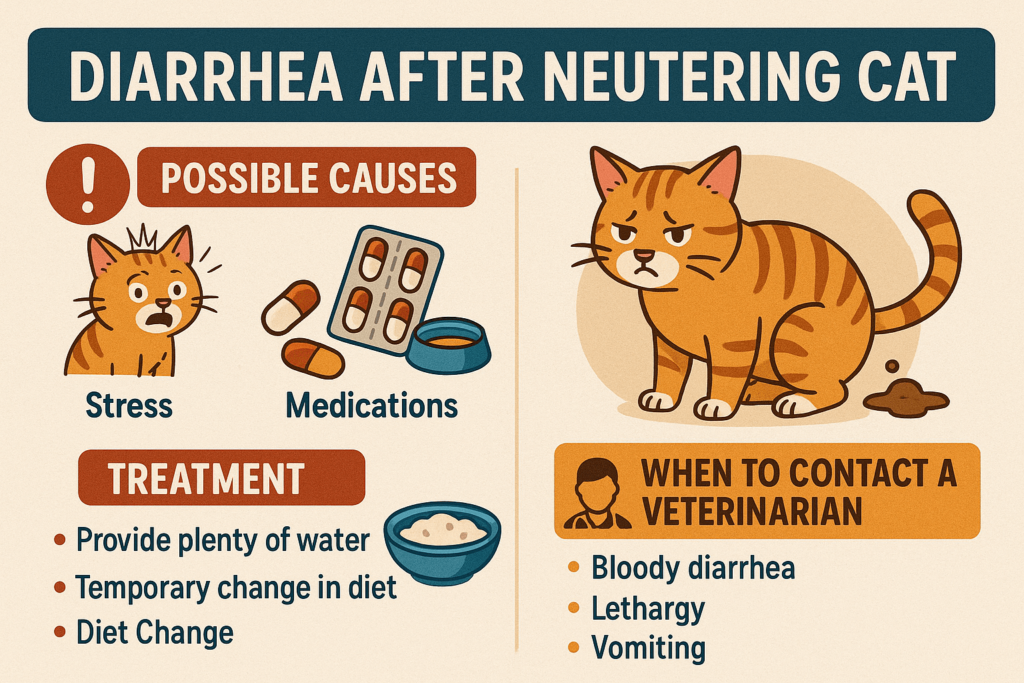
How to Manage Diarrhea After Neutering
If your cat experiences diarrhea after being neutered, there are several steps you can take to help them recover comfortably. These tips focus on supporting their digestive health and minimizing stress.
Offer Fresh Water:
Ensure your cat has access to clean water to prevent dehydration, which can worsen diarrhea symptoms.Feed Bland Food:
Provide easily digestible meals, such as boiled chicken or plain pumpkin puree, to soothe their stomach.Monitor Their Diet:
Avoid introducing new foods or treats until their digestion stabilizes, as sudden changes can exacerbate diarrhea.Keep Them Comfortable:
Create a calm, quiet space for your cat to rest, reducing stress and allowing their body to heal.Limit Physical Activity:
Discourage excessive movement while your cat recovers, as overexertion can delay healing and worsen digestive issues.
By implementing these strategies, you can help your cat’s digestive system return to normal more quickly.
Check this guide 👉Worms in Cat Diarrhea: Best 7 Expert Tips!
Check this guide 👉Cat Diarrhea Treatment: Best 7 Expert Tips!
Check this guide 👉Understanding Cat Chronic Diarrhea: Best 7 Health Tips!
Signs to Watch For | When to Contact Your Vet |
|---|---|
Mild diarrhea lasting 1-2 days | Diarrhea persists for more than 48 hours |
Occasional soft stools | Blood or mucus in the stool |
Slight lethargy | Signs of pain or discomfort |
Normal appetite | Refusal to eat or drink |
No vomiting | Vomiting alongside diarrhea |
Preventing Diarrhea After Neutering
While not all cases of diarrhea can be avoided, taking preventive measures can significantly reduce the likelihood of digestive issues after neutering.
Maintain a Consistent Diet:
Stick to your cat’s regular food before and after surgery to minimize digestive disruptions.Minimize Stress:
Use familiar items, like bedding or toys, to make their recovery space feel safe and comforting.Follow Post-Surgery Instructions:
Adhere to your veterinarian’s advice regarding feeding schedules, activity levels, and medication administration.Avoid Overfeeding:
Feed small, frequent meals instead of large portions to ease digestion during recovery.Monitor Hydration Levels:
Ensure your cat drinks enough water, especially if they’re experiencing loose stools.
Taking these precautions can help your cat recover smoothly and reduce the risk of diarrhea after neutering.
When to Seek Veterinary Help
While mild diarrhea is often harmless, certain symptoms indicate the need for immediate veterinary attention. Being vigilant can prevent complications and ensure your cat’s well-being.
Persistent Diarrhea:
If loose stools continue for more than two days, consult your vet to rule out underlying issues.Signs of Dehydration:
Sunken eyes, dry gums, or lethargy may signal dehydration, requiring prompt medical intervention.Blood or Mucus in Stool:
These signs could point to infections, parasites, or other serious conditions that need treatment.Loss of Appetite:
A refusal to eat or drink for more than 24 hours is a red flag that warrants professional care.Behavioral Changes:
Excessive hiding, aggression, or unusual vocalizations may indicate pain or distress.
Knowing when to seek help ensures your cat receives timely care and avoids potential complications.
Tips for Reducing Stress After Surgery
Reducing stress is crucial for helping your cat recover smoothly and minimizing digestive issues like diarrhea. Here are some practical ways to create a calming environment.
Provide Familiar Scents:
Place items like blankets or toys with your scent nearby to reassure your cat.Limit Noise and Activity:
Keep your home quiet and avoid loud noises that could startle your recovering pet.Stick to Routine:
Maintain a consistent schedule for feeding, playtime, and rest to provide structure.Use Pheromone Diffusers:
Products like Feliway mimic natural calming pheromones, helping reduce anxiety.Spend Quality Time Together:
Gentle interaction, like petting or talking softly, reassures your cat that everything is okay.
Creating a stress-free environment supports both physical and emotional recovery.
The Role of Nutrition in Recovery
Proper nutrition plays a vital role in helping your cat recover from surgery and addressing diarrhea. Here’s how you can use diet to aid their healing process.
Introduce Probiotics:
Probiotic supplements designed for cats can restore gut flora and improve digestion.Avoid Dairy Products:
Many cats are lactose intolerant, so dairy can worsen diarrhea rather than help.Include Fiber-Rich Foods:
Plain pumpkin or cooked carrots can add fiber to firm up loose stools.Serve Small Portions:
Smaller, more frequent meals are easier for your cat’s digestive system to handle.Gradually Transition Back to Regular Food:
Slowly reintroduce their usual diet to avoid shocking their system.
A thoughtful approach to nutrition can speed up recovery and alleviate digestive distress.
How to Monitor Your Cat’s Recovery Progress
Keeping track of your cat’s behavior and physical condition is essential for identifying any lingering issues. Here’s what to watch for during their recovery period.
Track Bowel Movements:
Note the frequency, consistency, and appearance of your cat’s stools to detect abnormalities.Observe Energy Levels:
A gradual increase in activity is a good sign, while prolonged lethargy may indicate trouble.Check Incision Site Daily:
Look for redness, swelling, or discharge that could suggest infection or complications.Monitor Eating Habits:
Ensure your cat is eating and drinking normally, as appetite loss can signal illness.Watch for Behavioral Changes:
Sudden aggression, hiding, or vocalization may indicate pain or discomfort.
Regular monitoring allows you to catch potential problems early and ensure a smooth recovery.
Frequently Asked Questions About Diarrhea After Neutering
Is diarrhea normal after neutering?
Mild diarrhea is common due to stress or anesthesia but should resolve within 1-2 days.
Can I give my cat medication for diarrhea?
Only administer medication prescribed by your veterinarian, as over-the-counter drugs can harm cats.
What food is best for a cat recovering from surgery?
Bland, easily digestible foods like boiled chicken or plain pumpkin are ideal during recovery.
How long does diarrhea last after neutering?
Most cases resolve within 1-2 days; persistent diarrhea requires veterinary attention.
Should I withhold food if my cat has diarrhea?
No, withholding food can worsen dehydration; instead, offer small amounts of bland food.
Supporting Your Cat Through Post-Surgery Recovery
Diarrhea after neutering can be concerning, but with proper care and attention, most cats recover quickly and without complications. By understanding the potential causes, monitoring their symptoms, and seeking veterinary help when needed, you can ensure your cat’s comfort and well-being. Remember, patience and vigilance are key during this time. With your love and support, your feline friend will soon return to their playful, healthy self.
Wet Food for Pregnant Cats: Best 7 Expert Tips! Discover essential advice on feeding wet food to pregnant cats, ensuring proper nutrition for mom and kittens. Learn what to look for and how to care!
Why Does My Cat Bite My Other Cats Ear? Best 7 Expert Tips! Discover reasons behind this behavior, how to interpret it, and expert advice to ensure harmony in your multi-cat household.
Somali Tabby Cat: Best 7 Expert Tips! Discover expert advice on caring for a Somali tabby cat, from grooming and health to personality and fun facts. Perfect for cat lovers!
Panacur Dosage for Cats: Best 7 Expert Tips! Discover safe and effective dosage guidelines, administration tips, and expert advice to keep your cat healthy and parasite-free with Panacur.

